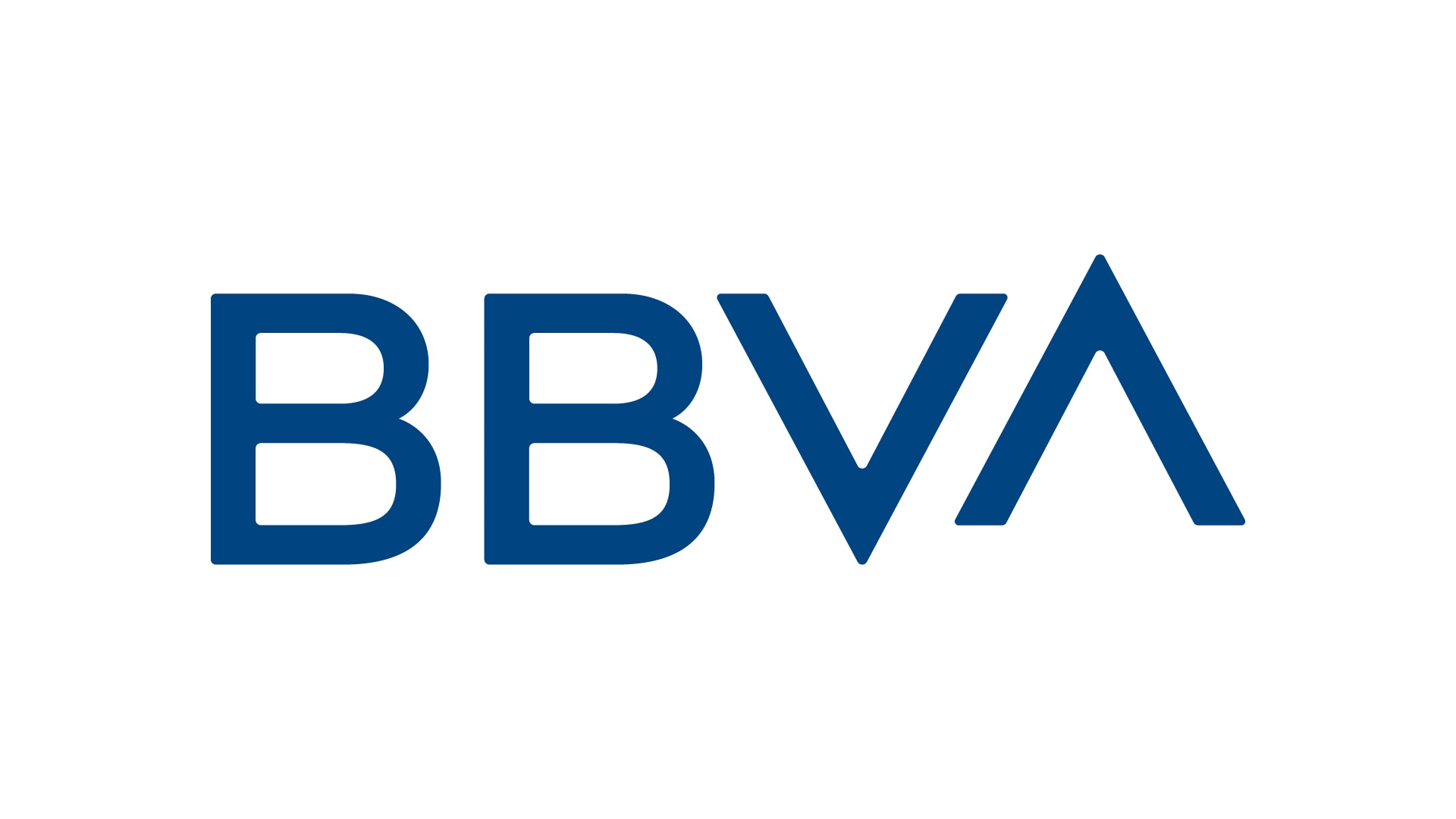Quantum News Briefs: May 11, 2024: News From DOE, Infleqtion, Mesa Photonics, Atlantic Quantum, HighRI Optics, and Amethyst Research • BBVA • NICT, RIKEN, Tokyo University of Science and the University of Tokyo • Pentagon’s Defense Innovation Unit

Quantum News briefs, May 11, 2024: press release summaries below:
DOE Awards $7M to Five Quantum Companies, including Infleqtion, Mesa Photonics, Atlantic Quantum, HighRI Optics, and Amethyst Research
![]()
The U.S. Department of Energy (DOE) has allocated $7 million in Phase II Small Business Innovation Research (SBIR) and Small Business Technology Transfer (STTR) awards to five quantum technology firms to advance research in quantum computing and bioimaging applications. Under the Advanced Scientific Computing Research funding program, three companies, including Infleqtion (previously ColdQuanta) and Atlantic Quantum, received $3.35 million to enhance quantum computing reliability and control. Meanwhile, HighRI Optics is improving fiber-chip light coupling for quantum networks with a $1,099,995 grant. Additionally, the Biological and Environmental Research program funded two projects with $1.65 million each, awarded to Mesa Photonics and Amethyst Research, focusing on revolutionary bioimaging technologies to boost sensitivity and improve infrared imaging capabilities for various scientific and security applications.
BBVA runs successful trial of distributed quantum simulation in the cloud

BBVA has successfully conducted a pilot test for distributed quantum simulation in the AWS cloud, marking a significant advancement in the financial sector’s application of quantum computing. This pilot, conducted in collaboration with the Quantum Computing team from VASS and AWS using Qiskit software, allowed the execution of quantum algorithms across multiple classical servers, achieving up to 38 qubits of computing power. This scale is notably challenging to reach with a single classical computer. The project demonstrated the scalability and potential of quantum algorithms in a controlled, noise-free environment and set the stage for BBVA to explore complex financial tasks with its proprietary architecture. This initiative aligns with BBVA’s broader goals of enhancing business solutions and bolstering cybersecurity against the malicious use of quantum technology.
NICT Researchers develop compiler acceleration technology for quantum computers
Researchers at the National Institute of Information and Communications Technology (NICT), RIKEN, Tokyo University of Science, and the University of Tokyo have developed a novel probabilistic method that allows for the rapid identification of optimal quantum gate sequences in quantum computers, significantly speeding up the process compared to traditional methods. Published in the journal Physical Review A, the study utilized the supercomputer Fugaku to demonstrate that this new method could find the best sequence for complex quantum states involving up to six qubits in just a few hours—a task that would otherwise surpass the age of the universe in time using conventional computing methods. This advancement is expected to enhance quantum computer compilers, making it a vital tool for the practical application of quantum computers and potentially improving the performance of devices linked to the emerging quantum internet.
In Other News: DefenseScoop article: “DIU launches new emerging tech portfolio, solicits industry for quantum sensing capabilities”
The Pentagon’s Defense Innovation Unit (DIU) has launched a new “Emerging Technology” portfolio and is initiating this with a call to industry for advanced quantum sensors that can provide alternative position, navigation, and timing (PNT) capabilities. Under the Transition of Quantum Sensors (TQS) program, DIU seeks prototypes capable of demonstrating military utility through a series of operational tests. This effort will focus on developing quantum sensing technologies, such as inertial sensors and magnetometers, which are crucial for enhancing the precision and security of the Pentagon’s PNT-dependent missions. These sensors offer significant improvements in precision and accuracy over traditional systems and are particularly valuable for operations in environments where conventional navigation aids like GPS may be compromised. Proposals are invited by May 29 to integrate these technologies into operational demonstrations within the next five years.



















